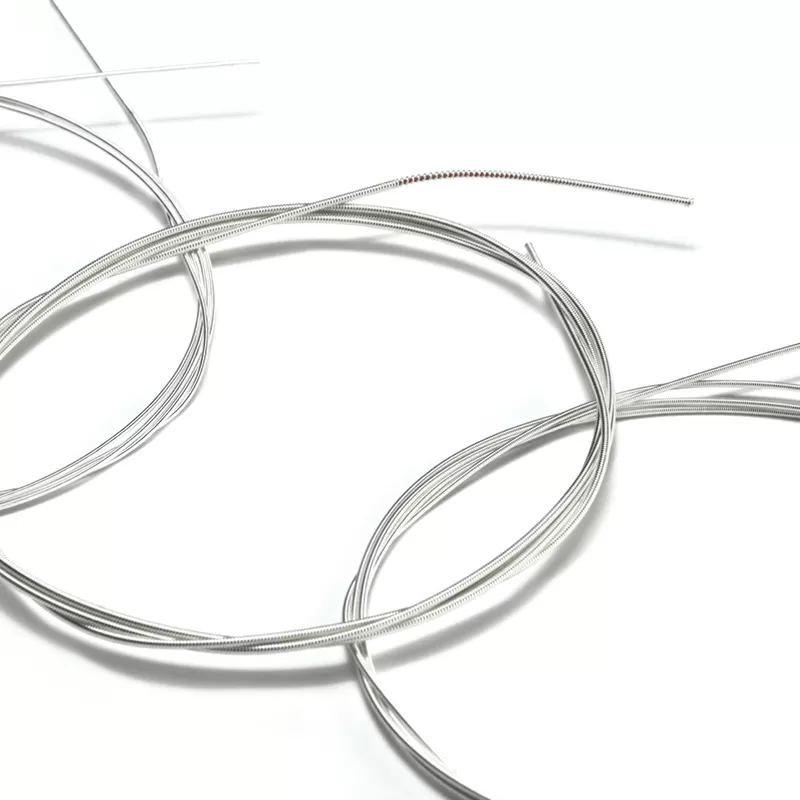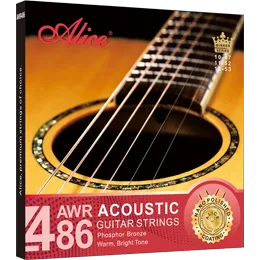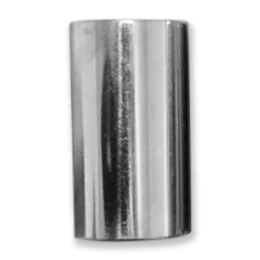Introduction: The Alluring Tones of ALICE Nylon Guitar Strings
As passionate guitar enthusiasts, we at ALICE understand the distinct tonal differences between steel-string and nylon-string guitars for acoustic. While steel strings offer a bright, powerful sound, nylon strings bring a softer, warmer tone that has captivated many renowned artists. If you've been wondering about the possibilities of using nylon strings on your steel-string guitar, we're here to guide you through the process and introduce the ALICE nylon guitar string collection.

Can You Put Nylon Strings on a Steel-String Guitar?
Yes, you can absolutely put nylon guitar strings for acoustic. However, it's important to consider a few critical factors before making the switch. Nylon strings have a lower tension compared to their steel counterparts, typically less than 100 pounds of tension. In contrast, steel strings can exert over 150 pounds of tension on the guitar's neck. This disparity in tension can potentially lead to neck damage if not adequately addressed.
An Overview of ALICE Nylon Strings
ALICE nylon guitar strings for acoustic offer a wide range of options to suit your tonal preferences. Our strings are made of premium nylon and have a warm, rich, and harmonic sound that is ideal for fingerstyle playing, classical music, and even pop recordings. Depending on the specific model, you'll find variations in the nylon's gauge, core, and composition, allowing you to fine-tune the tone to your liking.
Nylon strings are renowned for their lower volume compared to steel strings, but this also contributes to their signature mellow and intimate sound. One important consideration is that nylon strings are more susceptible to changes in temperature and humidity, requiring more frequent tuning adjustments than their steel counterparts.
Potential Issues When Putting Nylon Strings on a Steel-String Guitar
While it's possible to use nylon strings on a steel-string guitar, there are a few potential issues to be aware of:
String Tension
As mentioned earlier, the significant difference in string tension between nylon and steel can pose a risk to the guitar's neck. To mitigate this, you may need to have a professional luthier adjust the truss rod and action to accommodate the lower tension of the nylon strings.
Tuning Stability
Nylon strings are generally less stable in terms of tuning, especially in response to changes in temperature and humidity. You may find yourself tuning your guitar more often when using ALICE nylon strings.
Lack of Ball Ends
Nylon strings often lack the ball ends that are typical of steel strings. This can create challenges with string attachment and may require the use of a unique nylon string bridge or modification of the existing bridge.
Conclusion
Whether you're a classical virtuoso, a fingerstyle enthusiast, or simply seeking a change of pace, ALICE nylon guitar strings offer a versatile solution that can breathe new life into your steel-string guitar. Discover the alluring charm of these strings and unlock a whole new dimension of your musical expression.
Relate News


2026 Guitar Strings Market Trends: What Distributors Should Know

Electric Guitar Strings Explained: Gauge, Material, Tone

What Type of Guitar Pick Is Best?

Are Acoustic and Classical Guitar Strings the Same?

Acoustic Guitar Strings Guide: Types and How to Choose the Right One

From Classic Rock to Modern Indie: The Evolution of Guitar String Trends

What Strings Fit Your Instrument? The Ultimate Guitar String Matching Guide

What Are the Different Types of Guitar Strings?

Wholesale Guitar String Purchasing: A Practical Guide for Retailers and Distributors

How to Choose the Right Guitar String Models for Export Markets

























